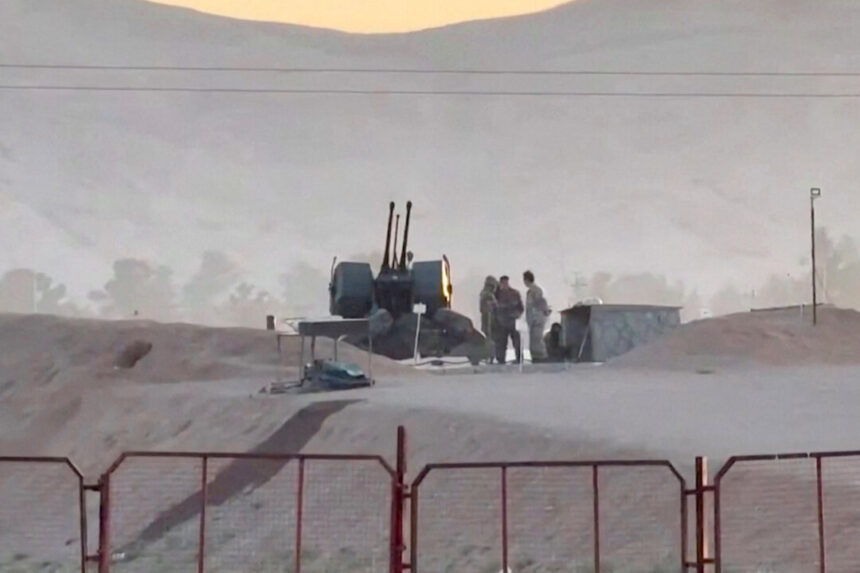The interaction between Iran and Israel is not the grim dance that the world perceives it to be. It is more like a delicate ballet, where each country must anticipate and respond to the other’s moves with precision to avoid catastrophic outcomes. Both nations are aware of the potential nuclear threat posed by each other, despite the world’s belief that only Israel possesses nuclear weapons.
The history of their relationship reveals a complex web of alliances and animosities, with Iran and Israel once being close allies until the fall of the Shah in 1979. The rise of radical clerics in Iran post the U.S.-Iraq war of 1990-91 led to a shift in Iran’s stance towards Israel. Iran’s geopolitical ambitions, including creating a landbridge to the Mediterranean through Iraq, Syria, and Lebanon, have always been a cause of concern for Israel.
The current conflict situation involving Hamas, a group supported by Turkey and Qatar, adds another layer of complexity to the Iran-Israel dynamic. The ongoing war between Israel and Hamas has allowed Israel to bring Iran to the forefront of global attention, potentially leading to a direct confrontation between the two nations.
The recent military escalation between Israel and Iran, marked by targeted air attacks and retaliatory strikes, underscores the precarious nature of their relationship. Both countries must tread carefully to avoid a full-blown conflict that could have far-reaching consequences. Iran’s calculated response to Israeli attacks demonstrates its desire to maintain its prestige while avoiding a major escalation.
Overall, the Iran-Israel interaction is a complex dance of power dynamics, historical grievances, and geopolitical ambitions that could shape the future of the region. It is not a spectacle for the world to watch but a high-stakes game where miscalculations could have devastating outcomes. Honor was satisfied by the strike, but it also meant that Israel could not ignore the action. However, Iran’s weapons were proven to be vastly inferior to Israeli defenses, a fact both sides avoided boasting about. Israel’s counter-counter-attack on Iran on April 19, 2024, was meticulously planned, targeting key sites with minimal collateral damage.
Israel once again showcased its military superiority by destroying a Russian-built S-300 surface-to-air missile system undetected by Iranian operators. This sent a significant message to both Iran and Russia. Russia’s involvement in the region, particularly through the International North-South Transport Corridor (INSTC) agreement with Iran, plays a crucial role in the geopolitical landscape.
The United States countered with the India-Middle East-Europe Corridor (IMEC), aiming to bypass traditional trade routes. Turkey responded by proposing an alternate trade route through newly conquered territories, causing tension with Russia and Iran.
There are ongoing efforts to maintain stability and prevent disruptions, possibly leading to a shift in alliances and support for groups like Hamas. The Iran-Israel conflict is just one part of a larger geopolitical ballet, with various players vying for influence in the region.
The current de-escalation in hostilities between Iran and Israel marks a significant step in the ongoing geopolitical dance. This article reflects the author’s opinions and may not align with The Epoch Times’ views. Please rewrite this sentence.
Source link





